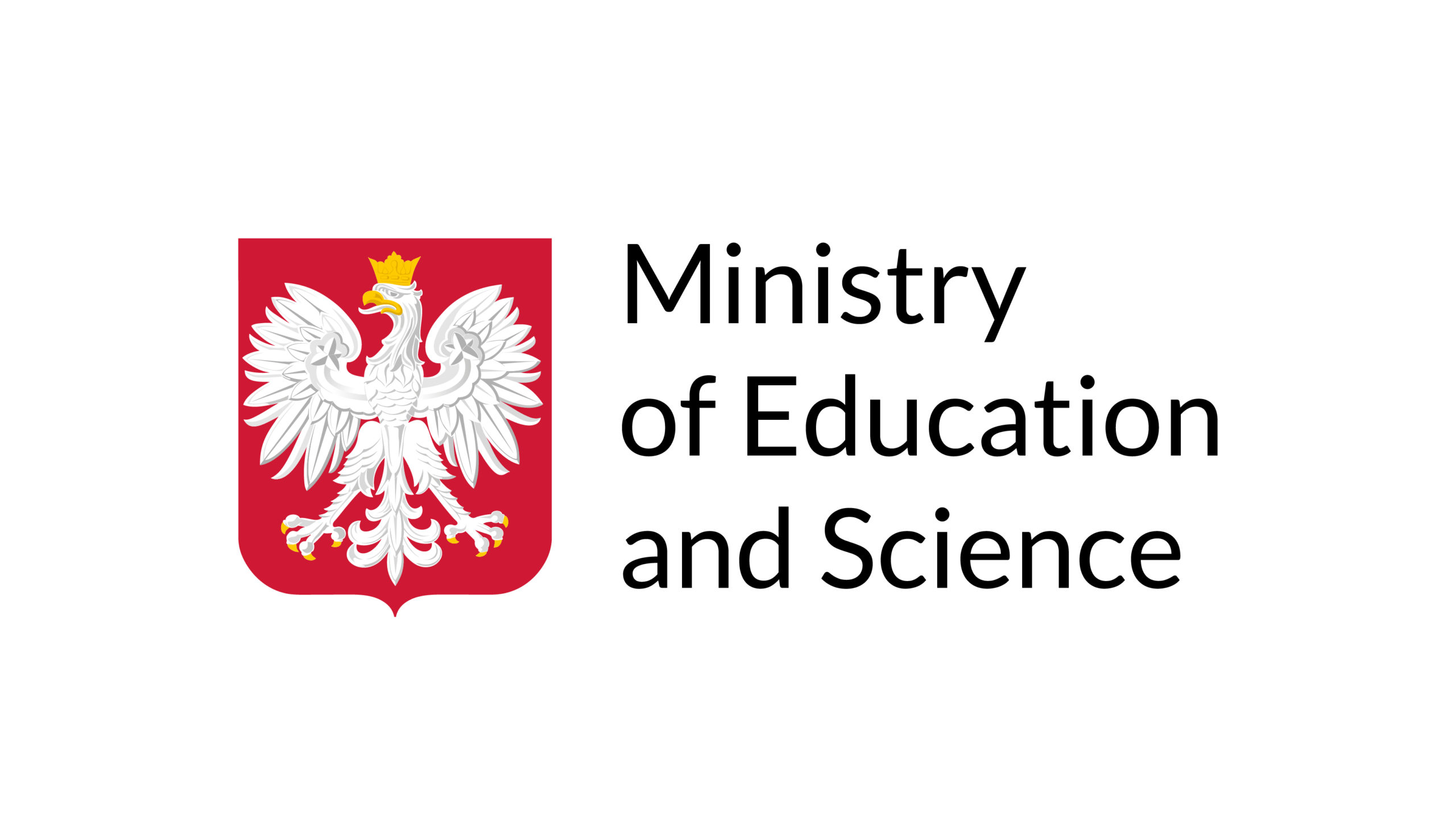| Title: | Directions and Challenges in the Management of Municipal Sewage Sludge in Poland in the Context of the Circular Economy |
| Author: | Rosiek Ksymena |
| Release date: | |
| Knowledge area: | Models of public goods and services production and distribution |
| Keywords: | sewage sludge municipal wastewater treatment Poland |
| Publisher: | MDPI |
| Journal name: | |
| Abstract: | In Poland, many investments have been made into providing access to tap water as well as to collect and treat municipal sewage. However, sewage sludge has often been excluded from the investment process, i.e., its management has not been treated as an integral part of the implementation of wastewater management obligations. Stricter European Union (EU) regulations regarding the management of municipal sewage sludge pose new challenges for Poland. The aim of this study was to analyze changes in the direction of the final management of municipal sewage sludge in Poland based on the analysis of strategic documents, regulations, literature, and available statistical data. The aim of the analysis was to search for directions to modify how sewage sludge is managed given the approach promoted by the circular economy concept. The results prove that investments in wastewater treatment plants according to the EU sewage directive are not applied to the development of infrastructure that would enable the disposal of sewage sludge, which, for many years, has been stored or used directly in agriculture and ground reclamation. The introduction of stricter regulations in the area of sewage sludge usage and better wastewater treatment have increased the level of difficulties concerning sewage sludge management in Poland. The adopted strategy is not comprehensive and is based on a sectoral, rather than a horizontal, approach. The available statistical data are not complete enough, generating the need for seeking further clarifications directly in the Central Statistical Office. Poland faces the challenge of defining sewage sludge management directions. The statistical data show that present solutions are not sufficient, proved by a large share of the other category in sewage sludge disposal. The rising share of incineration seems to define the direction of solutions implied in Poland. However, it is not the outcome of the national strategy, but rather a panicky search for solutions on local levels, which may result in the number of incineration plants increasing above what is needed and thus will inevitably generate extra costs. The circular economy concept offers an approach than can be the basis for the creation of a new sewage sludge management strategy for Poland. It will enable to combine goals of sewage sludge disposal and of energy and nutrition recovery. |
| DOI: | |
| ISSN/ISBN: | ISSN 2071-1050 |
Record details
/ Contact
PROJECT OFFICE
Małopolska School of Public Administration
Cracow University of Economics
ul. Rakowicka 16, p. 24, 31-510 Kraków
T: (+48) 12 293 75 83
E: biurorid@uek.krakow.pl
Project Office working hours:
Monday – Friday 7.30am-3pm


